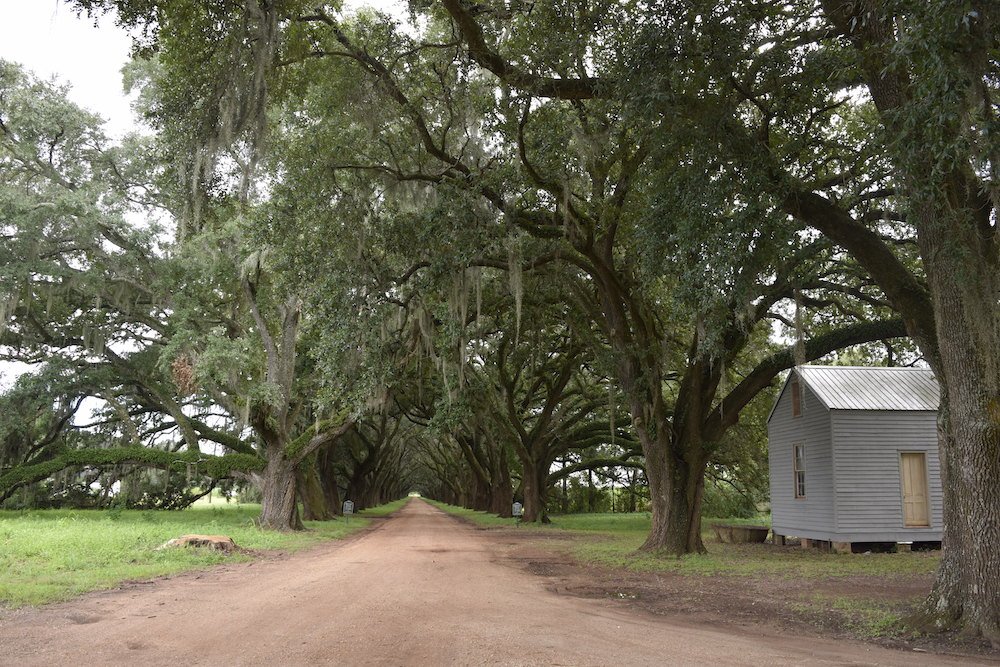
Advance praise for Pearce Oysters
“Against the encroaching consequences of the Deepwater Horizon oil spill, Pearce Oysters offers a precise, panoramic, and ultimately devastating vision of the oystermen, anarchists, day laborers, deadbeats and struggling families who populate Louisiana’s Gulf Coast. This is fiction with a social conscience that is, more wonderful still, beautifully told: witty, vivid, consistently humane. Joselyn Takacs understands the economics of the domestic oyster industry as well as she knows the permutations of love, loyalty, and resentment that define family life—or any life. A fabulous debut: entertaining, absorbing, necessary and true. ”
About me
I’m a writer and teacher. I spent nine years working on my novel Pearce Oysters.
You can learn more about my history with the novel’s subject in my letter below and more about me in my bio.
Or better yet, get in touch.
Why I wrote Pearce Oysters
This novel is as personal as it gets for me, though nearly every cell in my body has turned over since I started it nine years ago. This is a story of a family, the Pearces. The Pearces have owned an oyster farm in Louisiana so long that it started off in a canoe.
I’ve always wanted to tell a story that knit together a family and the environment, politics and community, with humor and love. (I devoured Steinbeck novels in college.) But telling such a large story meant some failed attempts. It meant learning to tell a story from multiple points of view and learning to write about the environment. In an early draft of this novel, the oysters talked, I’m afraid—a kind of Greek chorus.
My own story with the novel’s subject reaches back to 2010. I was living in New Orleans and waiting tables in a French Quarter restaurant with a rat problem, when an explosion on an oil rig off the Louisiana coast precipitated the largest accidental oil spill in world history.
I was twenty-three years old then and part of a small activist community that protested the company responsible for the spill—and how it handled spill. (You’ll recognize one scene of our well-meaning efforts portrayed in the novel.) But we felt, as everyone did, helpless to do much but wait for it to be over.
That summer, I read a profile in a weekly paper about an oyster farm that was closing down. The oyster farmer explained the threat of the spill from his perspective—one that could put him out of business for years. An oiled oyster reef was not just a season’s loss, but the loss of several years because it can take four years for an oyster to reach market size.
I kept thinking about that profile, even after the oil spill and its effects faded from national headlines. In 2015, I received a grant to record the oral histories of oyster farmers about their lives and how they’d been affected by the oil spill. I interviewed farmers from across Louisiana. They opened their homes to me, invited me for dinner; some invited me out on their boats to see the reefs. On one trip, our boat grounded in the marsh of a Native American burial mound and the captain assured me that we’d be free once the tide came in—four hours later. What those men and women taught me about the ecosystem and the industry—and the oyster—became the foundation of this novel.
I learned that oyster reefs protect the coast from storms by breaking the assault of waves. That every year before shrimp season, a Catholic priest blesses the boats with holy water. That you lean over an oyster as you eat it. That when you eat an oyster, the flavor of it, what you’re tasting is the environment where it lived, the plankton it ate, the minerals in that water. The French call this merroir. Or, as the oyster farmer in my novel says, “the whole point of an oyster is where it’s from.”
In more than one sense, I became a different person while writing this novel, and it is a great privilege to be able to share it with you now.
